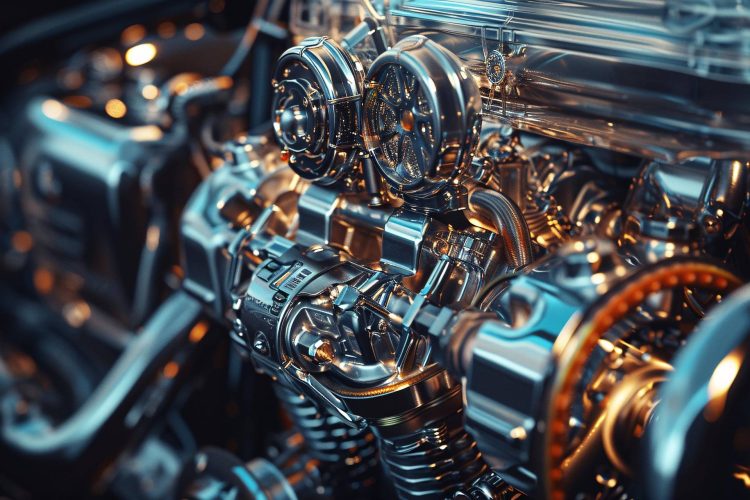Vehicles have changed a lot since the first automobile was invented in the late 1800s. Nowadays, they look much different from the very first car and the technology involved has become much more sophisticated. There are vehicles available for all tastes and needs, including cars that drive themselves, an unimaginable thing in the 1800s. Electronic devices have been added to vehicles for efficiency, comfort, and safety reasons. However, together with such evolved parts, specific care and devices are required since their assembly phase.
The evolution of cars followed the constant changing and evolving technology. They adapted to the necessities of customers, which change each year. The Heat Shield (BT203) developed by Delphi Technologies / BorgWarner in 2021 is an example of evolution based on specific needs of customers. The Heat Shield (BT203) is an assembly device specifically developed to meet Mercedes-Benz’s safety requirements for its vehicles. Delphi Technologies / BorgWarner supplied diesel injectors to be used by Mercedes in its assembly process. In order to improve longevity and safety of the diesel injectors, Mercedes requested the addition of a copper heat sink in it. Such a device was not added to the diesel injectors before and the supplier needed to carefully choose the team responsible for this important task.
The project was a great challenge, as the supplier did not have a machine capable of performing such addition. So, all the concept and solution for this problem had to be created from scratch. Accordingly, the 5 members of the team responsible for this task, coordinated by Davi de Araujo, an experienced production engineer, were chosen. Combining experience, knowledge and technology, the project was satisfactorily completed, and new device was born: the Heat Shield (BT203). It ensured precision in the assembly phase, correct dimensions, and integrity of the product. Additionally, the Heat Shield (BT203) also contributes for greater productivity and safety, given that it has a light curtain and bimanual activation, guaranteeing the physical safety of the operator of the equipment.
To understand the importance of the heat sink, it is important to understand its functionality. The heat sink removes the heat produced by the parts of a vehicle and dissipates it into the environment to avoid overheating. It acts as a thermal management device. Due to its function, it is composed of materials that are resistant to excessive heat and have good thermal conductivity, usually copper and aluminum. If there are options, why did the team choose copper instead of aluminum then? The answer is simple: although aluminum is easier to process and cheaper, copper has greater benefits, due to its superior thermal conductivity than aluminum (around 60% greater than aluminum), which ensures more longevity and safety of the equipment.
The project was a success and contributed to furthering the development of automobiles. Such innovative ideas are essential for the continuing evolution of vehicles. The small team composed of Brazilian professionals brought development and international recognition for the region. We hope they continue to make important contributions to the industry.





